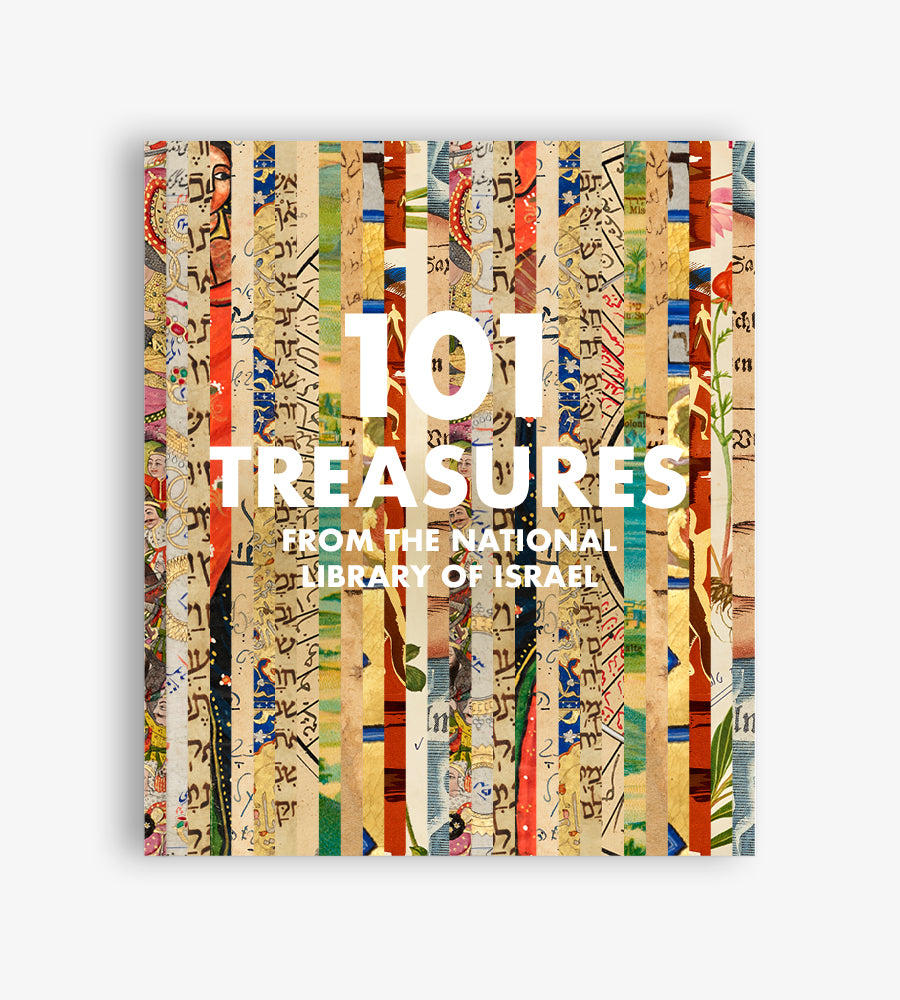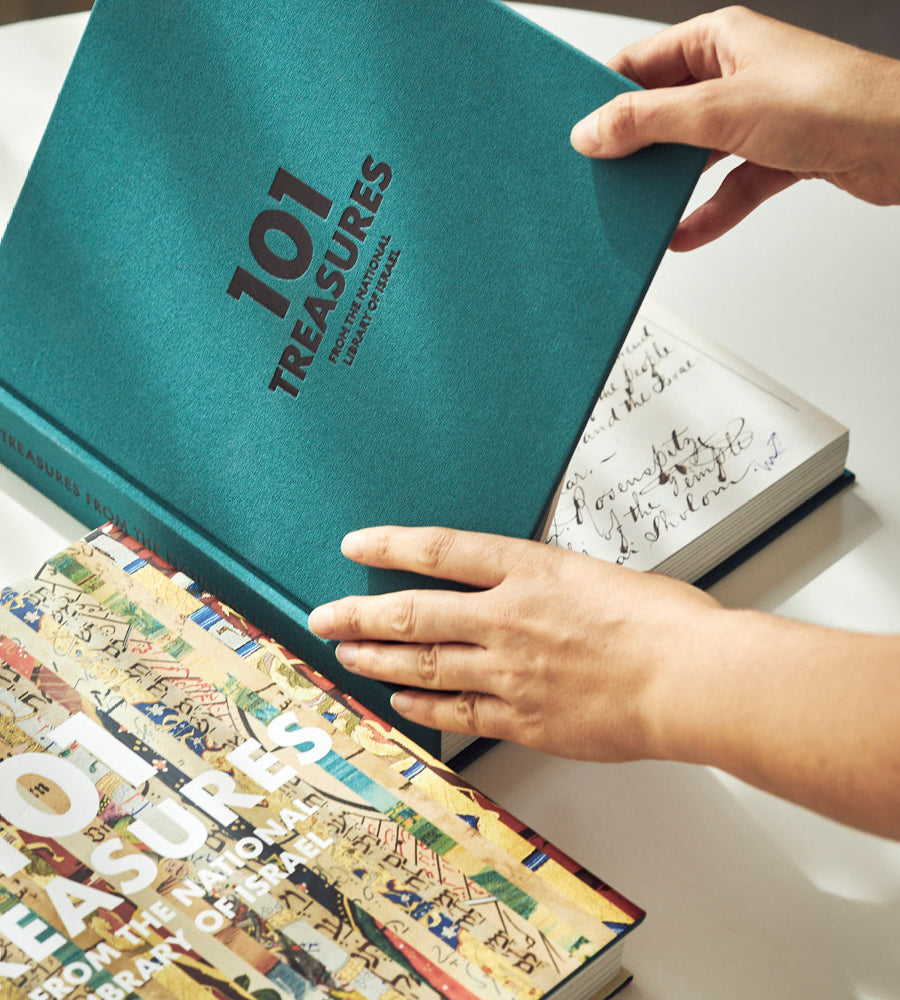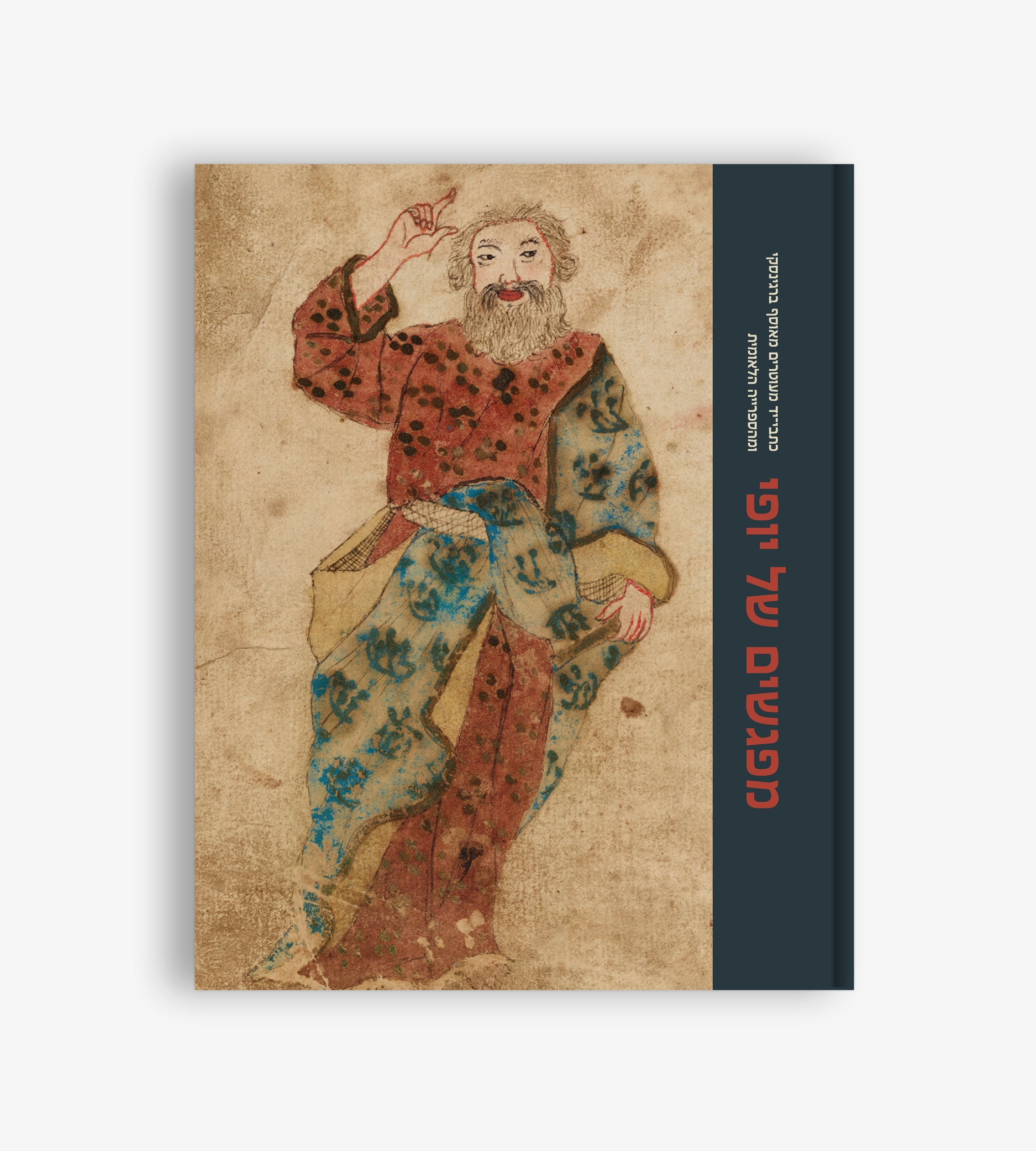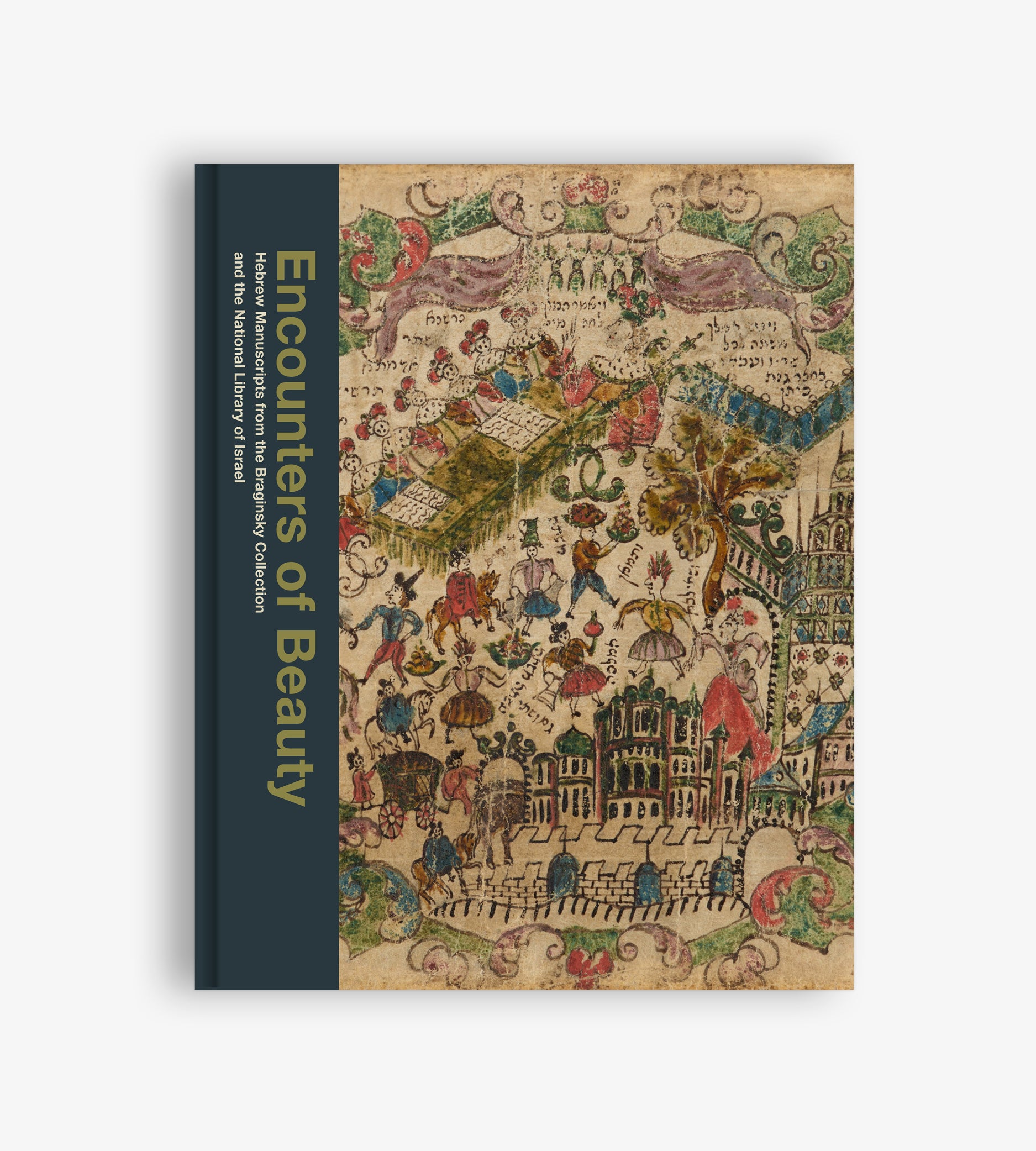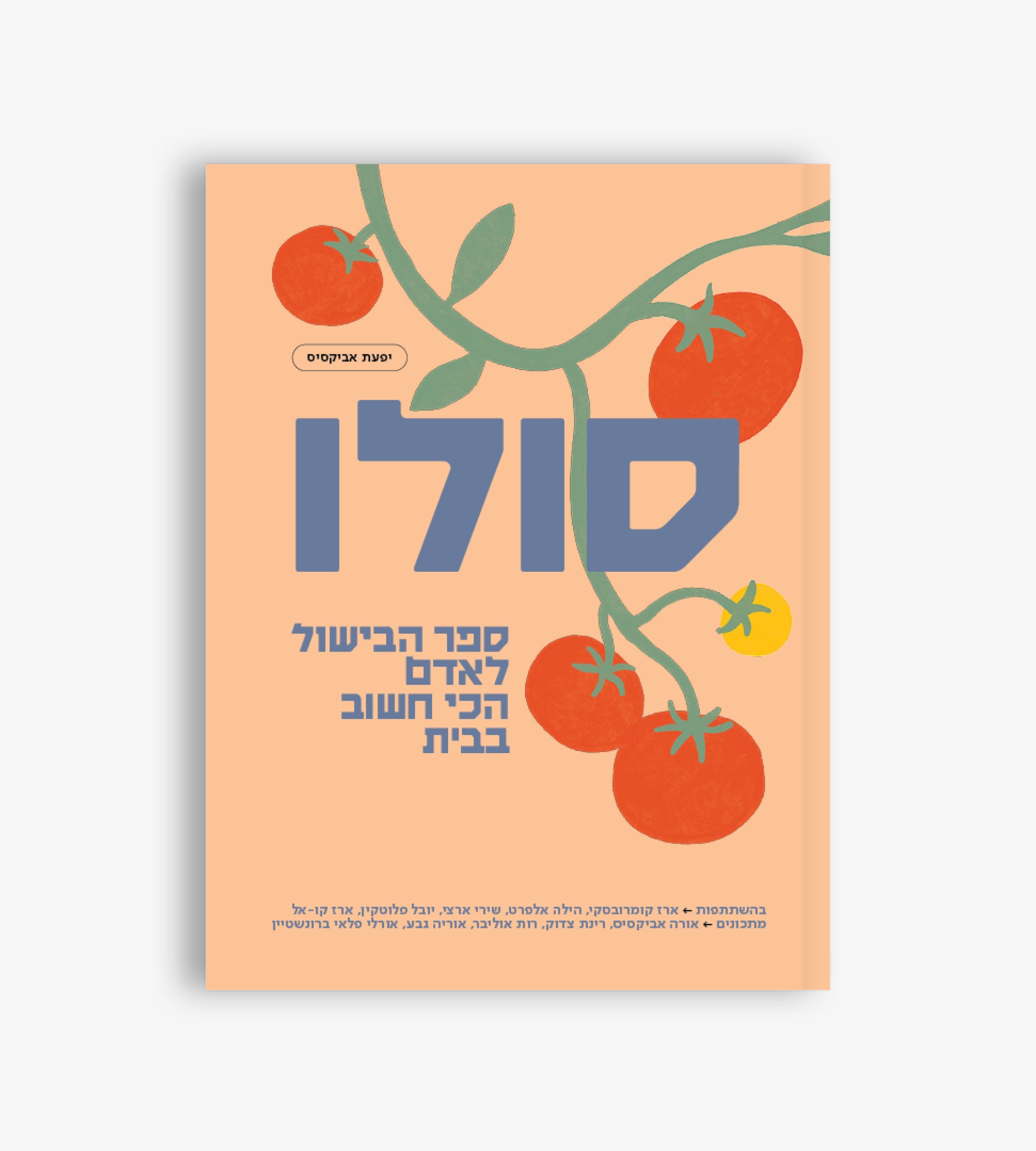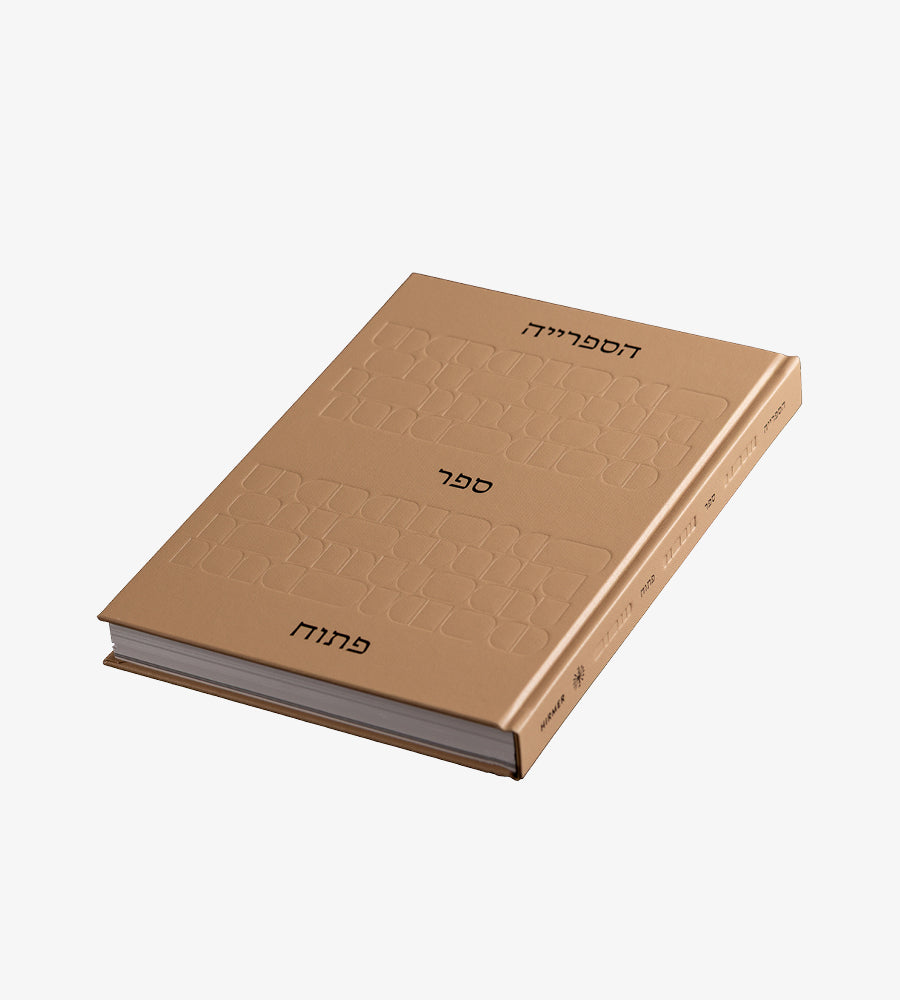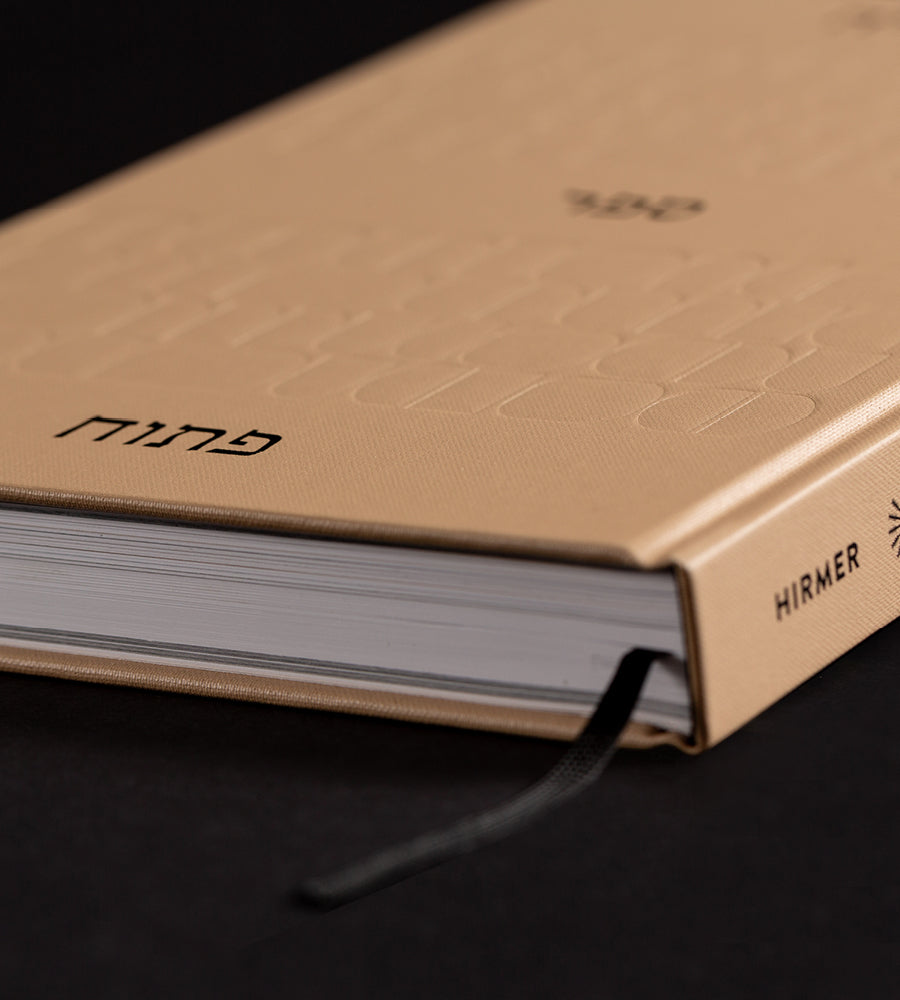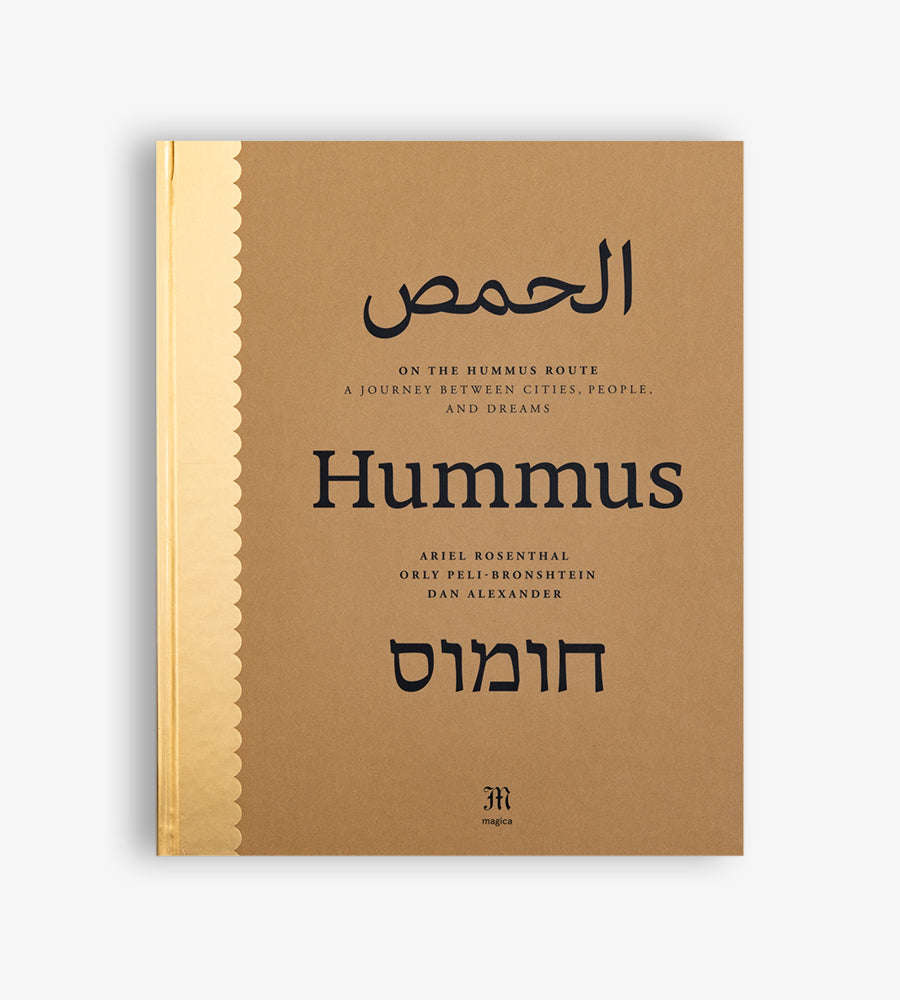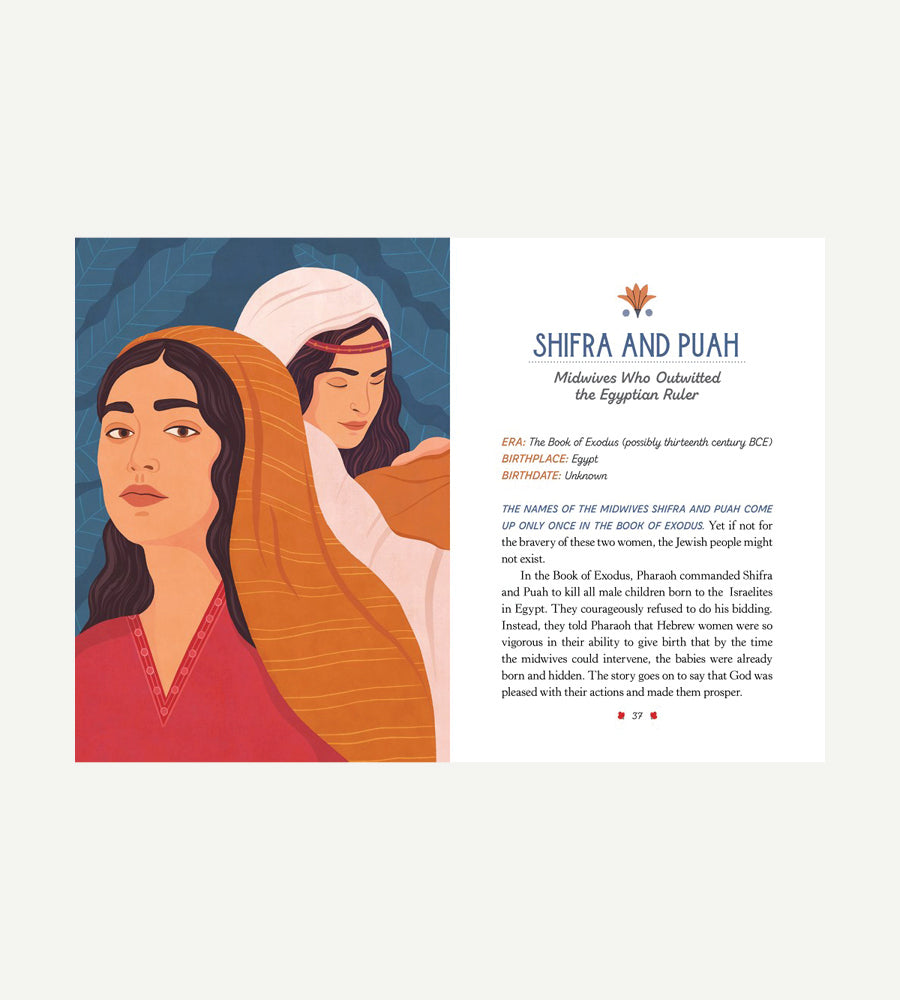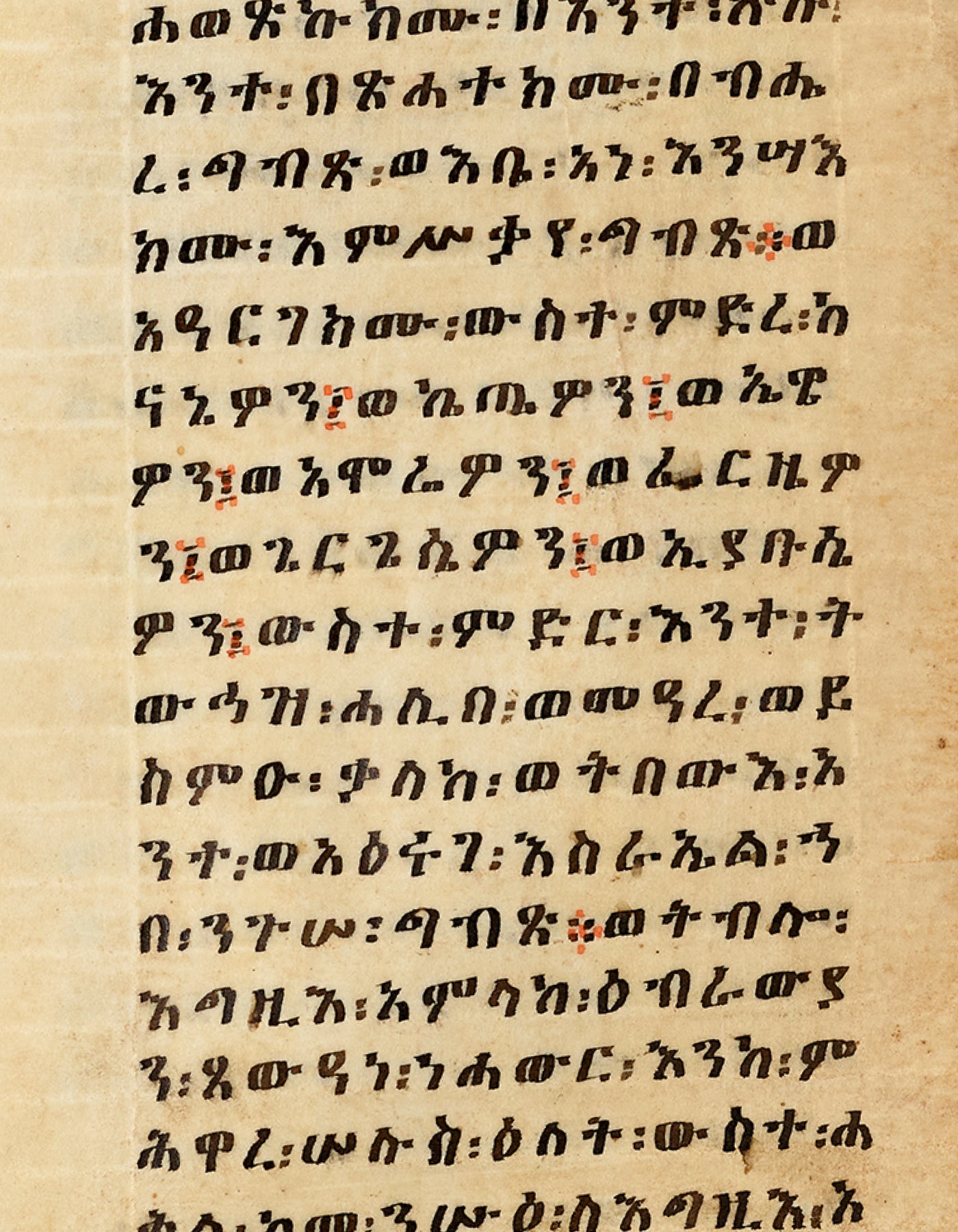
Across the Wilderness
Yael Okun

The sacred scriptures of the Beta Israel, the Jewish community of Ethiopia, are referred to as the Orit. Written in Ge`ez, a Semitic language written from left to right and sacred to both Christians and Beta Israel, the Orit includes the Torah and the Books of Joshua, Judges, and Ruth. It is written on parchment and was usually kept in the home of the Kes, the community’s priest, who would read from the manuscript on holidays, such as Rosh Hashanah and Sigd, a unique holiday of the Beta Israel community celebrated fifty days after Yom Kippur.
Unlike the Coptic and Ethiopian Orthodox Christian codices in Ge`ez, which include references to the New Testament, the Orit contains only Beta Israel traditions. Notes in the margins refer to the custom of reading the Orit on Passover and to the dietary laws. This copy of the Orit also includes an essay about the life of Moses and one of the two known pre-twentieth-century historiographical works about the Beta Israel, namely a detailed genealogy of the first Beta Israel melokse (home for celibate priests) in Hohwarwa.
This copy of the Orit was owned by a single family, handed down from generation to generation, and believed by the family to have been written over 300 years ago. Kes Isaac Yaso, or “Yitzhak the Teacher,” as he was known by the Jews of Tigray, received this Orit from his father and would study it and read from it before the entire community. At the beginning of the 1980s, the Orit began its long journey to Sudan and, from there, to Israel. It was almost stolen in transit, but, fortunately, the bandits preferred money, clothes, and cattle to the sacred Orit. The family donated this Orit to the National Library in 2016.


